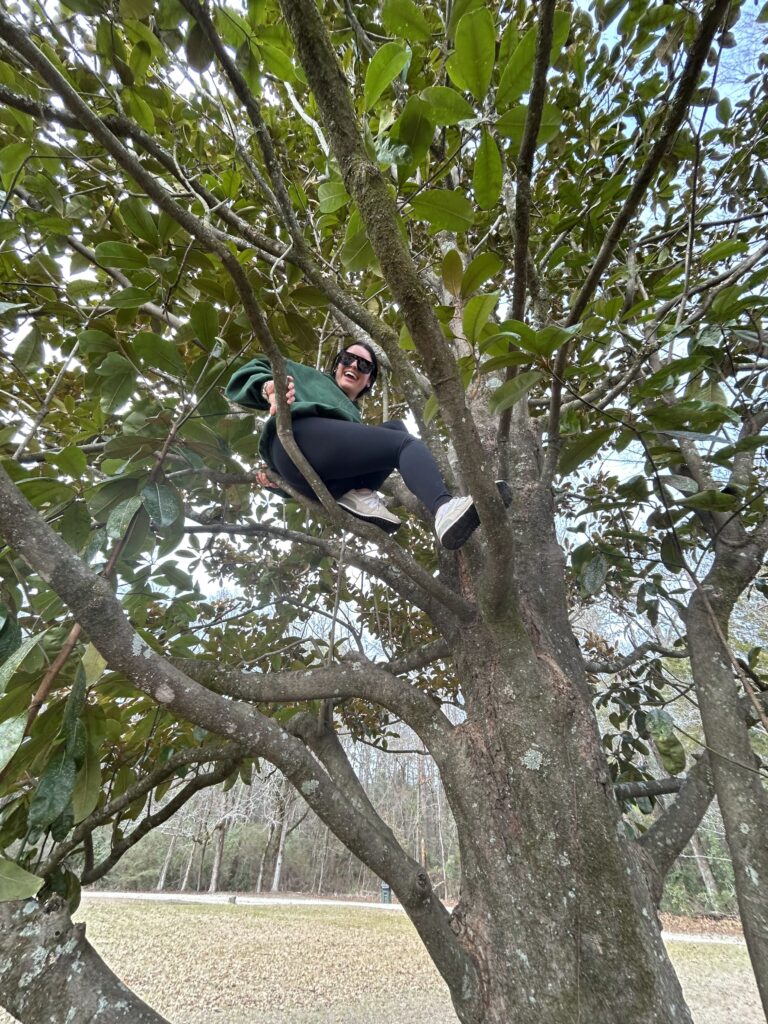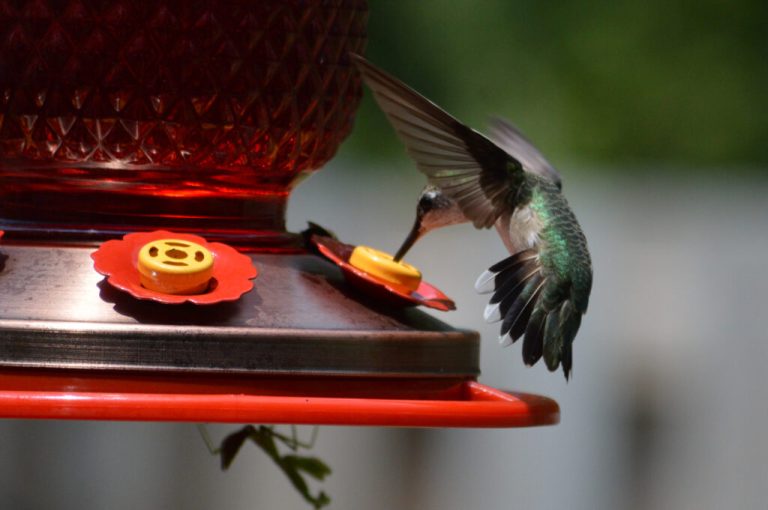Reviewed by: Liv George
12 Alabama State Parks to add new pollinator gardens
Reading time: 3 minutes

Brand new pollinator gardens are coming to a state park near you, thanks to a $25,000 grant from the Alabama Association of Resource, Conservation and Development (RC&D) Councils.
The funds were recently presented during the Pollinator Festival at Oak Mountain State Park. That money will go toward developing pollinator gardens at 12 Alabama State Parks.
Keep reading to find out which state parks will be benefitting from the grant + see what pollinator gardens can do for the environment.
Alabama State Parks
The check was presented to ASP as part of the first Pollinator Festival at Oak Mountain, which celebrates National Pollinator Week and debuted the first of the 12 pollinator gardens.
The pollinator gardens funded by the RC&D grant will be located in:
- Oak Mountain State Park in Pelham
- Gulf State Park in Gulf Shores
- Wind Creek State Park in Alexander City
- Lakepoint State Park in Eufaula
- DeSoto State Park in Fort Payne
- Joe Wheeler State Park in Rogersville
- Lake Guntersville State Park in Guntersville
- Cheaha State Park in Delta
- Chewacla State Park in Auburn
- Roland Cooper State Park in Camden
- Meaher State Park in Spanish Fort
- Lake Lurleen State Park in Coker

All gardens are expected to be in bloom by 2025. Half of them — Oak Mountain, Gulf, Wind Creek, Lakepoint, DeSoto and Joe Wheeler — will include a trail for children with a storybook experience.
“Each pollinator garden allows educators to utilize interactive learning tools through our on-site Teacher Toolkits. The kits paired with the pollinator garden trail experience provide opportunities beyond the park and into the classroom for students and educators.”
~ Renee Raney, Alabama State Parks Chief of Interpretation and Education
The garden at Oak Mountain State Park was dedicated to State Parks Director Greg Lein to recognize “his visionary leadership and unwavering passion to preserve natural spaces.”
What is a pollinator garden?

According to Alabama State Parks, bees, birds, moths, bats and other pollinators have been in decline in many parts of the country due to habitat fragmentation, pollution and invasive species.
Pollinators need flowering plants and vegetation to live and forage for food, which is why the new pollinator gardens are being developed.
“Healthy ecosystems depend on pollinators. In fact, at least 75 percent of all the flowering plants on earth are pollinated by insects and animals. These plants stabilize our soils, clean our air, supply oxygen and support wildlife.”
~ Tasha Simon, Chief of the Natural Resources Section for Alabama State Parks
Want updates like this delivered straight to your inbox? Sign up for our newsletter today.



